Topical administration of medications for pain management has become increasingly more common. Pharmaceutical companies are getting in the game with products such as Flector patches, Voltaren gel, Pennsaid topical solution, Lidoderm patches, and Qutenza patches. Numerous over-the-counter products also exist.
Many patients need more than just one medication to treat their pain. And for some, the adverse effects and allergies of oral medications is too much to bear. For these patients, sometimes the best solution is having a compounding pharmacy put together a number of different medications with different mechanisms of action into a compounded cream that is applied directly over the site of pain.
Benefits of Compounded Creams
- Delivered directly to the pain receptors
- Minimizes systemic absorption
- Targets numerous pain receptors at once
- Fewer adverse effects (such as renal and gastric effects from NSAIDs)
- Reduces drug-drug interactions
- Non-addictive formulations
- Good for patients with difficulty swallowing pills
Commonly Compounded Medications for Pain
- Ketamine 5-10%
- Lidocaine 1-10%
- Gabapentin 5-10%
- Amitriptyline 2-10%
- Imipramine 2-10%
- Cyclobenzaprine 2%
- Baclofen 2%
- Clonidine 0.2%
- Ketoprofen 10%
- Diclofenac 2-10%
- Nifedipine 2-16%
Below is an image of various drugs that are used in compounded creams for the treatment of pain conditions. Proposed mechanism of action and uses are also listed.
Download a PDF of the document HERE.



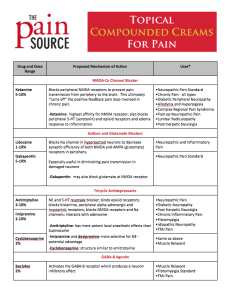
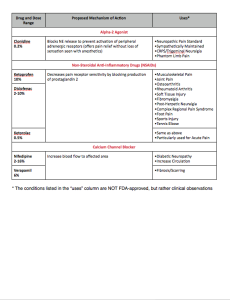

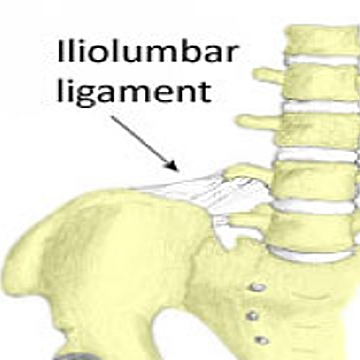
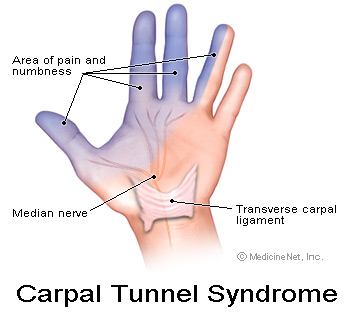

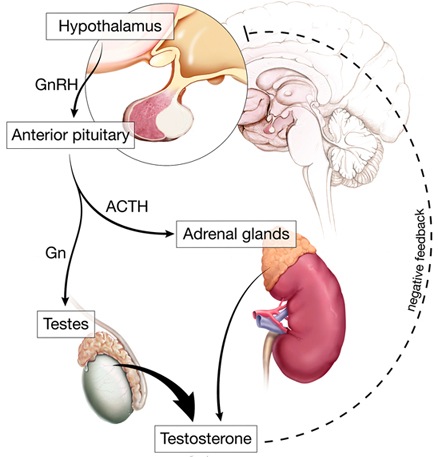
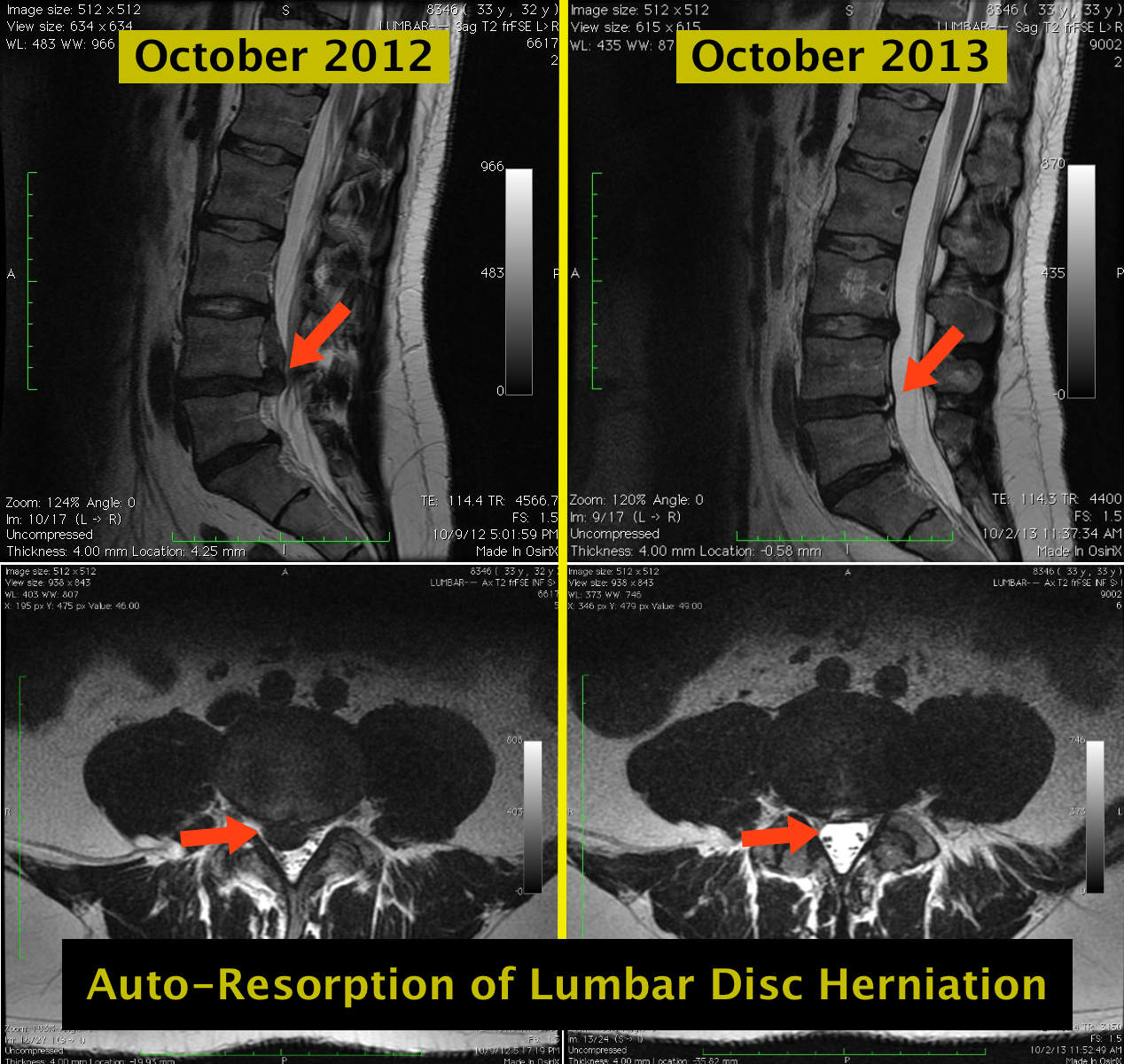
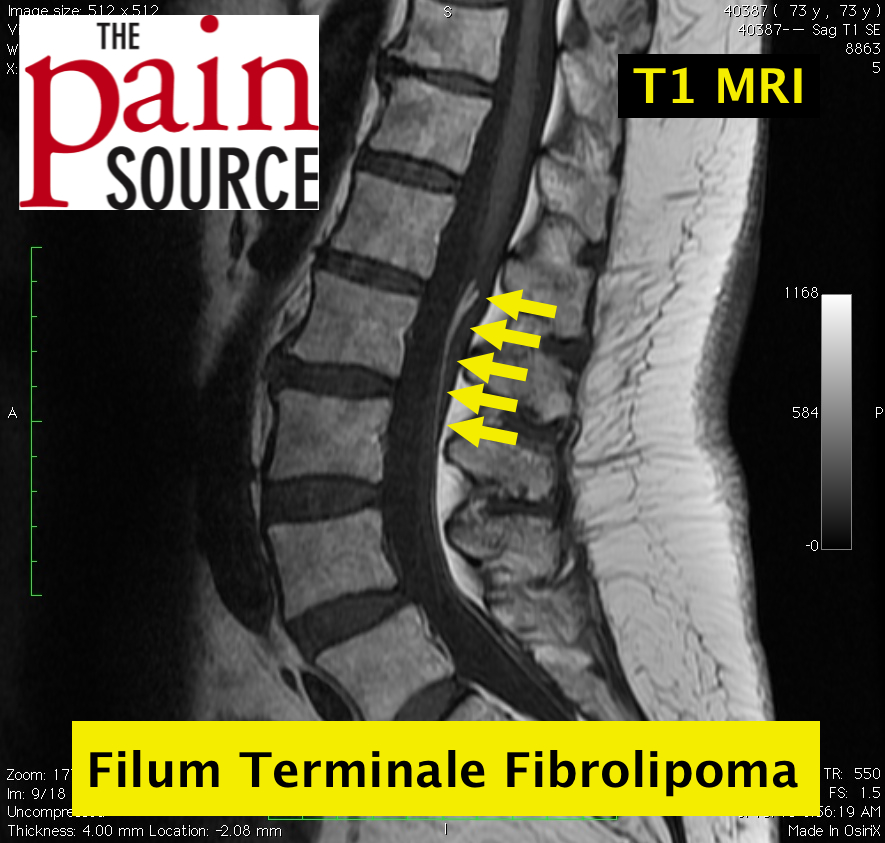
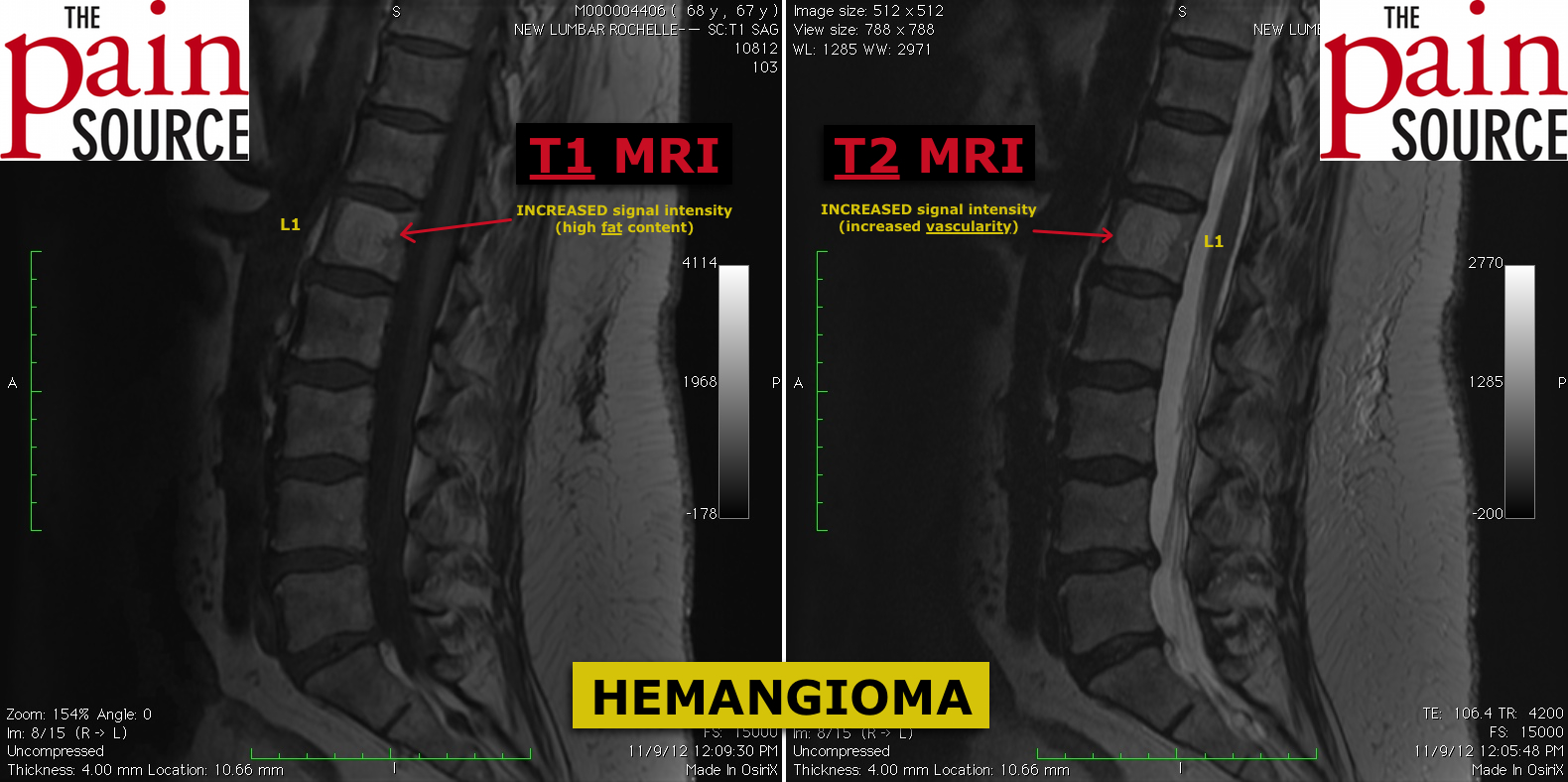
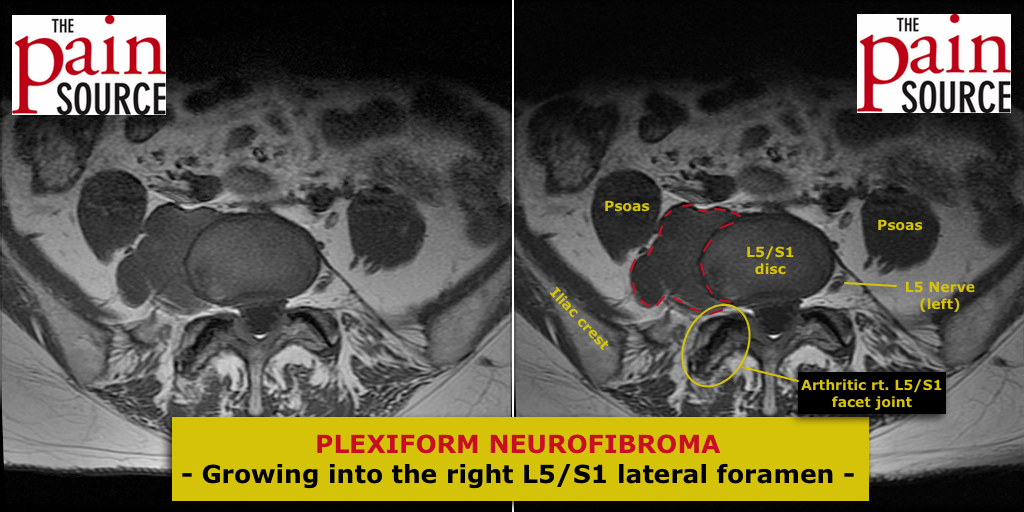
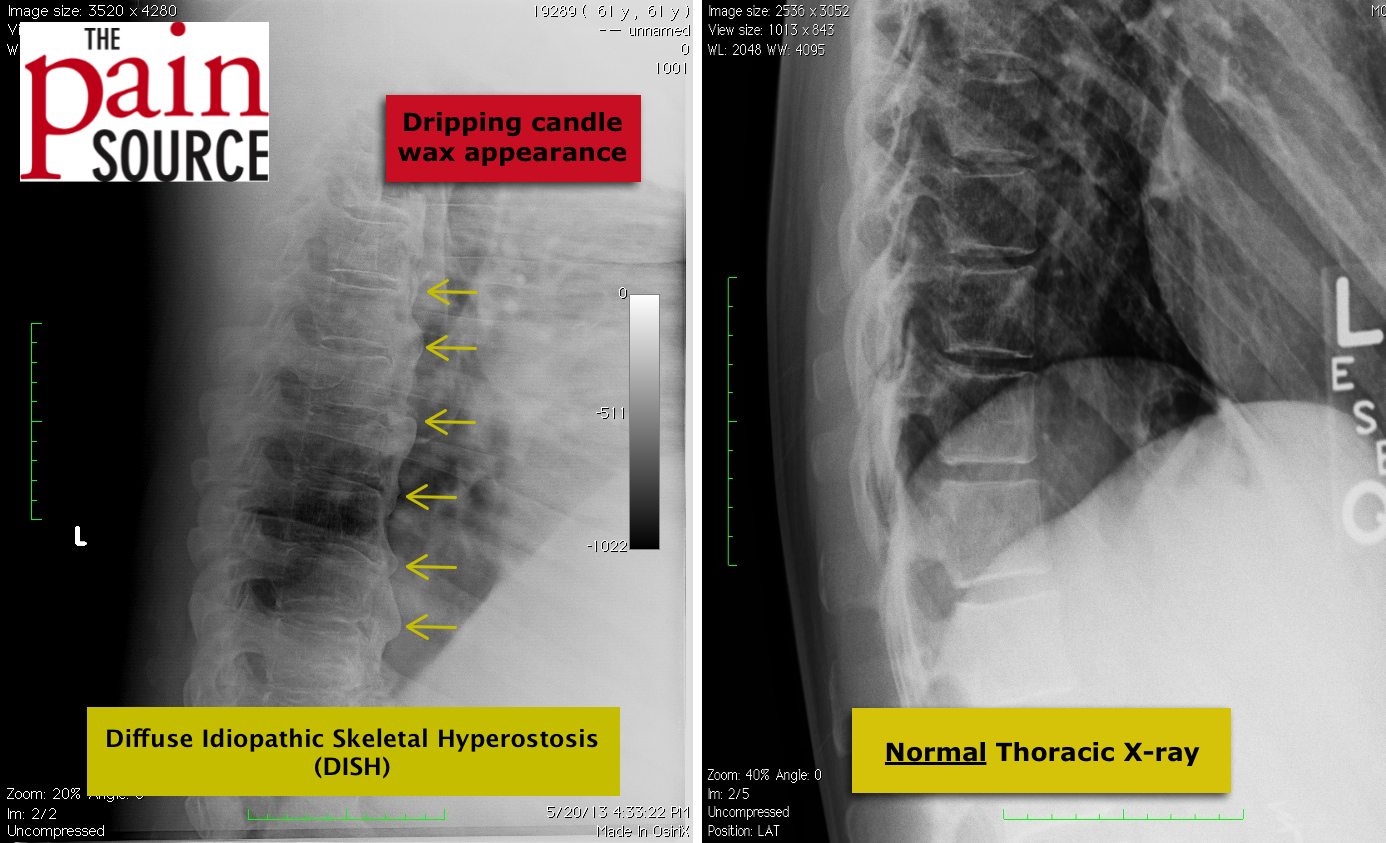

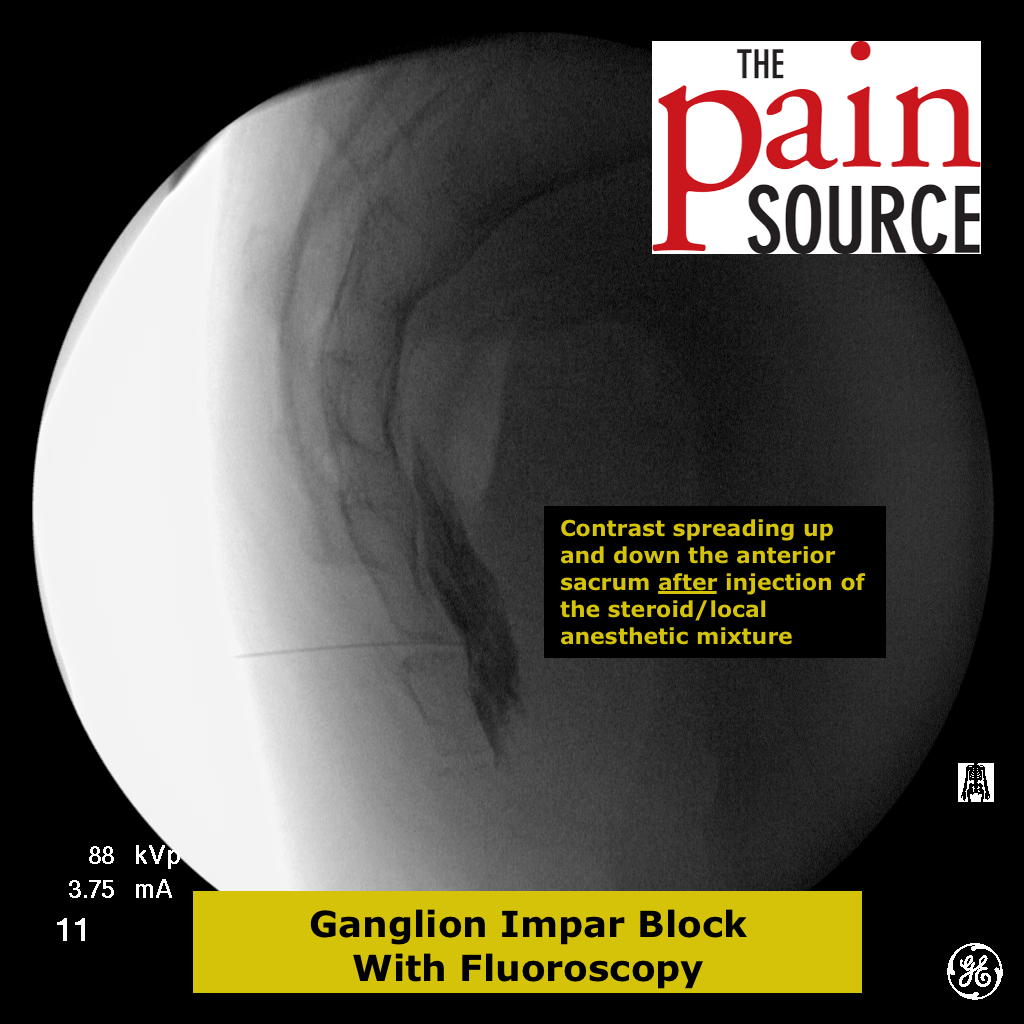
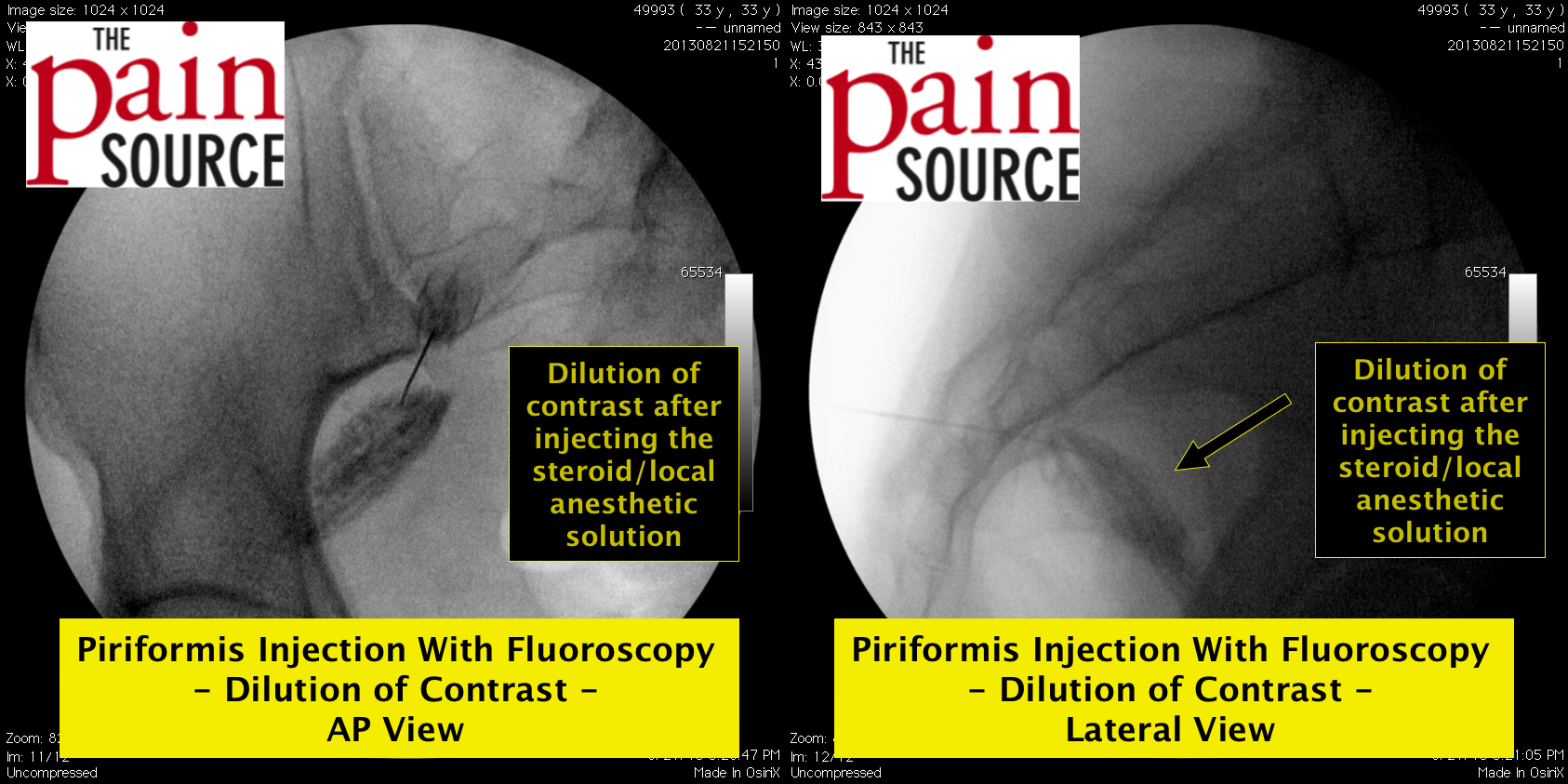
I AM A SICKLE CELL BETA THALLASEMIA PATIENT WITH MULTIPLE PAIN CONDITIONS AND WANTED TO NOW HOW WOULD I GO ABOUT TRYING THE COMPOUND CREAM FOR PAIN. PLEASE SEND ME AN EMAIL OR GIVE ME A CALL (773) 488-5999 OR CELL (773) 809-6901
I have been disappointed with compounding creams from three different pharmacies. It is one of the things I may do as a “last hope”. I definitely wouldn’t expect it to help with sickle cell pain, but then again, I’ve never tried it for that.
Dr. Faubel, I would love to discuss using our pharmacy for your compounding needs. If you can send me an email. Rdavis.DoctorsRx@gmail.com Hopefully we can help one another or at least going in the right direction.
I use the compound cream for neck pain c6. It works well for me.
Do you have any idea what Cream would help with Arthritis pain? Cannot take the medications. Bad stomach.
I’ve been pleasantly surprised to find that Ketamine/Lidocaine and DMSO creams help with my widespread body pain a great deal. I suffer from fibromyalgia, but I originally got the creams for severe hernia pain, which they also help with. The K cream for me is at 10%, and the Lido is at 5%.
I can’t handle taking oral pain meds beyond OTC ones because of the side-effects, and I’m thrilled to share the fact that there have been absolutely no side-effects at all with these creams. In fact, there are no effects whatsoever except pain relief. And what a relief that is!
This article was very helpful in my research to find the best ingredients to try for upcoming major surgery that I’ll be having. I like that you gave the percentages for each med and explain how they work and why, and useful info like which ones are Na channel blockers, because I think that’s contraindicated for ME.
Thank you!
My foot & ankle specialist prescribed a compounded transdermal cream for nerve pain along the outside of my foot right below the ankle from toes to heels & it helps. I’m also been using it for fibromyalgia pain. I recently tried it for varicose vein pain & have found it works for that too. Very pleased with results. I am diabetic so it also greatly helps with diabetic nerve pain in the feet. Very easy to use, mine comes in a clear plastic container that dispenses the right amount for each dose much like a lotion pump. Just need to rub it in well. No mess, no pill. I think a physician has to place the order with the pharmacy.
Your cream is transdermal, not topical? Do you know the ingredients and percentages of each?
Thanks!
Hi Doctor,
Do you have any article on duloxetine, celecocib and tizanidine percentage used for topical creams?
What are the side effects of the chemicals used?
On a scale of 1-10, 10 being the most painful…how
helpful is the cream on nerve pain?
Like all medications, the effects vary considerably. Sorry I can’t be more specific.
This is my 3 compund and my pains Dr is finding it very hard to find something that is managing my pain along with my pain meds for fibermyalgia and rheumatoid arthritis and nerve pain from my spine down both legs and bursitis, was wondering is there a certain meds that should be used in a compunding thag would work best?
I just had a spinal cord stimulator for my nerve pain and it’s works well I have no more nerve pain because of the stimulator now works good you should mention it to your doctor
I’ve been prescribed a compounded lotion for inoperable severe lumbar spine degeneration with chronic low back pain from a decades-old injury. In recent years the back symptoms have worsened significantly after a total knee replacement that caused a leg-length discrepancy. That difference in leg length actually caused a slight scoliosis of the part of my spine with the severest arthritis, plus an anterior-rotational dislocation of the SI joint on top of the chronic back issues.
So far I am very pleased with the results of my compound medicine as I refuse to take any opioids. This combined with CBD are a very good combination. I get the pain relief without any psychological effects with either, helping me remain fully functional in my profession. I’m wondering if these types of medical marijuana products could also be added to the compounded lotion, mixed with the other meds. I get my compound lotion from a specialty pharmacy in Denver.
The one problem with compounded medicines is very few insurance companies will cover them which makes absolutely no sense since the medications being compounded are generic drugs. The difference between what should be a $15 copay and nearly $400 non-covered price is ridiculous for a one-month supply.
What is Neuro A crean 1 out of 2 compounded medicine used for?
My doctor has prescribed Diclo 10% Gel Compound ****NEW***** for shoulder rotator cuff
pain. Can you explain the benefits and possible concerns related to it’s usage. I have a 200mg
prescription. Thanks
https://www.drugs.com/sfx/diclofenac-topical-side-effects.html
I have a prescription for a compound cream Meloxicam/Ibuprofen/Gabapentin and was wondering about side effects.
I’ve tried one from the Medshop pharmacy. It has amantadine 6%, gabapentin 3%, cyclobenzaprine 2%, lidocaine 5%, clonidine 0.2%, diclofenac 3%, and nifedipine 0.2% in one bottle and I mix it with calcipotriene-betamethisone DP ointment. It actually works really well. I have severe muscle and spine pain and it helps.